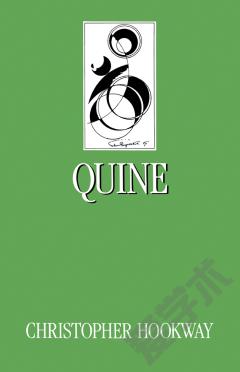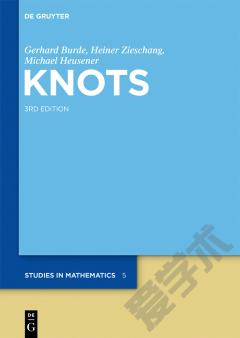Quine
ISBN: 9780745602394 出版年:2013 页码:241 Christopher Hookway Wiley
This book provides a clear and comprehensive introduction to the work of Willard van Orman Quine, the most important and influential American philosopher of the post-war period. An understanding of Quine's work is essential for anyone who wishes to follow contemporary debates in the philosophy of language, the philosophy of mind and metaphysics. Hookway traces the development of Quine's work from his early criticisms of logical positivism and empiricism to his more recent theories about mind and meaning. He gives particular attention to Quine's controversial arguments concerning the indeterminacy of translation, comparing Quine's views with those of Davidson, Putnam and others. Hookway concludes by offering a critical appraisal of Quine's approach and of some of his fundamental philosophical commitments. This lucid and balanced study will be essential reading for students of philosophy. It will also be invaluable for students in the social sciences and other disciplines who are looking for a clear introduction to Quine's ideas.








 京公网安备 11010802027623号
京公网安备 11010802027623号